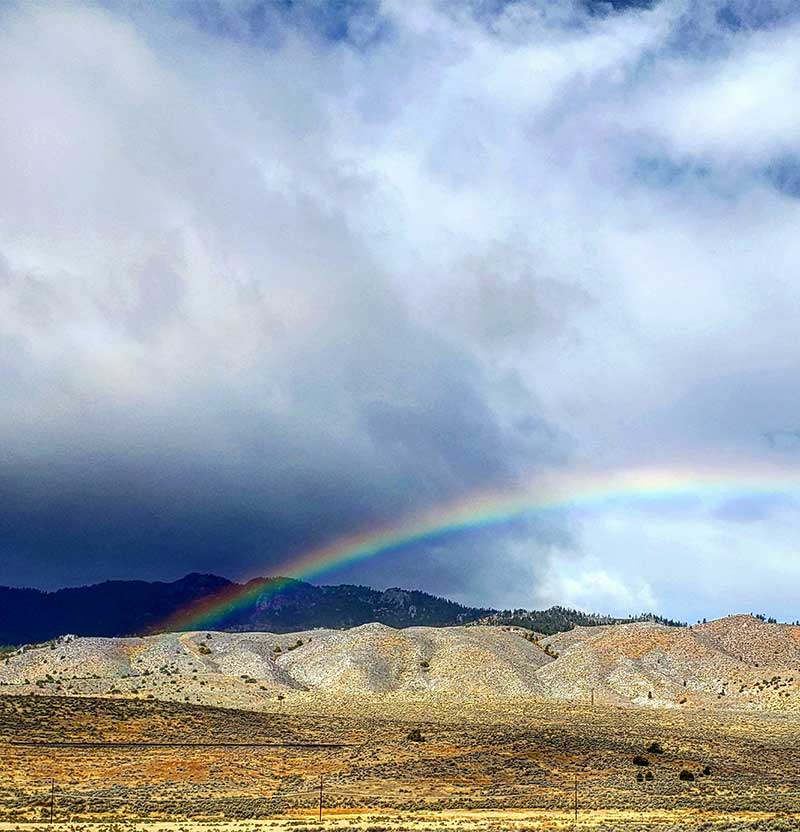
TAMS Steering Committee Nomination Form
Nomination Information
The Tribal Air Monitoring Support (TAMS) Center is currently accepting nominations for one (1) ALTERNATE position on the TAMS Steering Committee. At the 2023 Spring TAMS SC Meeting, the TAMS Steering Committee Charter was amended to include two (2) alternate positions in addition to the regulate seven (7) voting member positions. The alternate position will step into any current position that is vacated. TAMS Steering Committee voting member and alternate member positions serve three-year staggered terms. The position(s) will serve from current date to September 30, 2028. If you would like to nominate a potential candidate, please submit the attached nomination form. Self-nominations are also accepted. Nominee resumes are not required but are highly encouraged.
- Any person engaged in tribal environmental quality issues may make nominations.
- Nominees must be affiliated with a federally recognized tribe or intertribal group and must be engaged in tribal environmental quality issues.
- Voting members of the Steering Committee shall elect individuals from the pool of nominees to fill open seats on the Steering Committee. The intent of the Steering Committee is to provide broad, regional representation. Such representation is one consideration for member selection.
Deadline for nominations: October 1, 2025
An authorization letter or correspondence from an appropriate elected official(s) or the nominee’s supervisor will be required for Steering Committee membership.
To view the current Steering Committee member list and term information, please visit : TAMS Steering Committee Members. Feel free to contact them for information on roles and responsibilities.
Thank you for your interest. If you have any additional questions, please do not hesitate to call.
Christopher Lee
TAMS Program Manager
702-784-8278
Chirstopher.Lee@nau.edu
Hayden Hardie
EPA Co-Manager
702-784-8263
Hardie.Hayden@epa.gov
Nomination Form
*All fields are required.
CONNECT WITH US
Christopher Lee
Program Manager
Christopher.Lee@nau.edu
TAMS Center:
702-784-8264
Darlene Santos
Administrative Assistant, Sr.
Darlene.Santos@nau.edu
Your tax deductible donation supports ITEP’s programming efforts.
Please contact us if you would like to contribute to our endowment or for any additional information regarding donations.

